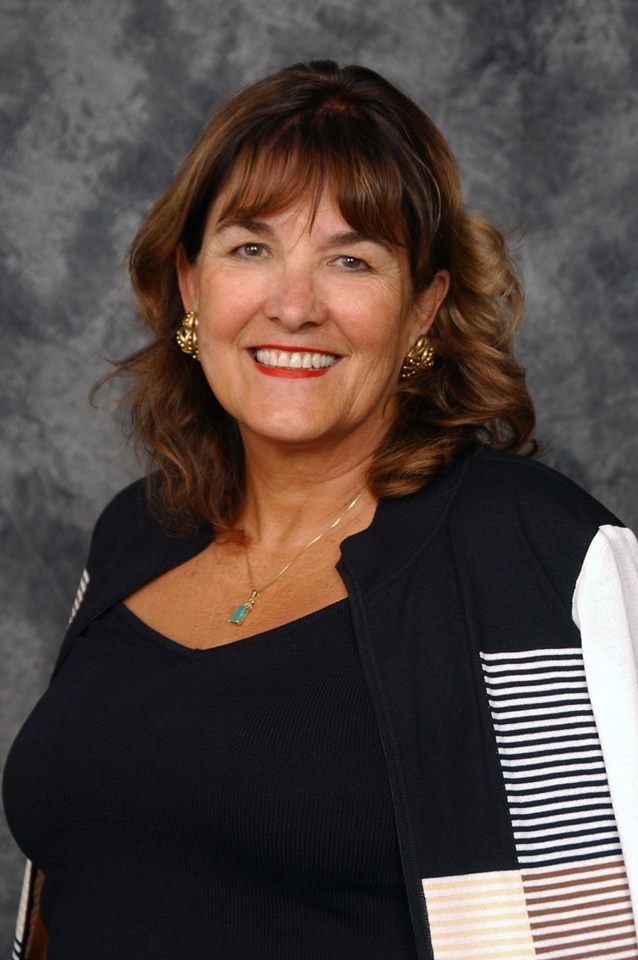Sometimes all it takes to bring peace into my life is to be thoughtful to someone I may not even know.
I do this often in the drive through at McDonald’s while waiting for our cups of coffee. I offer to pay for the order of the people in the car behind me. In my rear-view mirror, I see the look of surprise on the driver’s face, their smile, then I smile and wave. This little act makes me feel happy and even peaceful.
In 2016, for the Rotary World Peace Conference, I interviewed 60+ peace speakers who would be presenting solutions for the difficult issues we face in our communities and in our world: from human trafficking to school drop outs, crime, and homelessness. Since this was a peace conference, my first question was “What does Peace mean to you?” And “Is Peace possible?”
99% replied, “Peace begins with me.” They then began to explain how peace starts with little things: a smile, a hello, a peaceful conversation, being aware of the needs of others, and at times, offering to help.
If peace begins with us, what is holding us back? What attitudes might be keeping peace at a distance, keeping us from noticing the opportunities for peaceful interactions available in our daily life?
· I haven’t got the courage.
· How can I make a difference?
· What do I know?
· I’m afraid I’ll be wrong.
· What is happening is not my fault.
Research shows that our attitudes are an invisible energy even when they are only in our mind. Thoughts and emotions, even when concealed, can have a real impact on others as well as they impact our physical and emotional health. Being aware that peace is possible might make it easier to bring peace into our journey. Truth be told, peace is not the absence of problems, but the ability to deal with them.
Here are a few ideas to help you get started on your peace journey:
· Stop and breathe
· Take a moment to identify the good things in your life
· Keep a gratitude journal
· Volunteer to help another
· Be of service
· Decide to be peaceful
One of the most important things that we can do is watch our thoughts. They have power.
For example, my late husband, Dr. Robert Muller, a former United Nations Assistant Secretary General, was called the Profit of Hope and the UN Man of Optimism. His dream as a little boy living in war-torn Alsace-Lorraine a region of France was to work for peace and to avoid war at all costs. After college, he won an essay contest, and the prize was an internship at the newly created United Nations.
One day, on his way to the UN walking to the train station, from our home in Dobbs Ferry, he tried a thought experiment to stop loving nature, and he saw the Hudson River as a dirty mass of water. The beauty of the walk was now over. The trees and flowers were all past their prime, and the squirrels and crows were a big bother. “These thoughts sent all of my dreams and hopes into the wastebasket”. This shocked Robert, as he had created this purely from the thoughts in his mind.
His experiment was over, never to be forgotten.
Our thoughts about peace can become tomorrow’s reality, helping to create the world, the community, and the peace not only for ourselves but for others who happen to cross our path.


